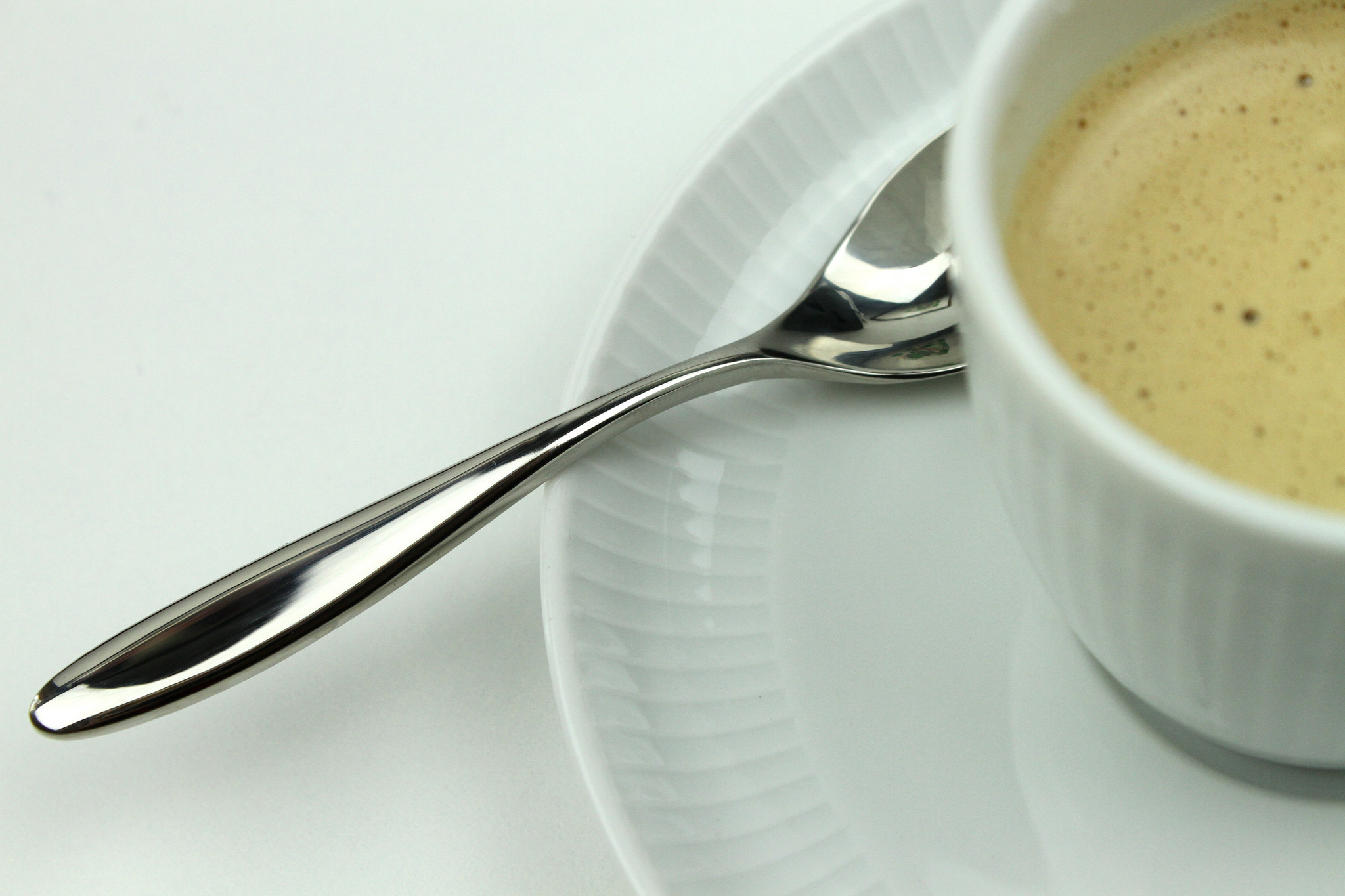I had never met anyone with a separate set of pareve dishes before. And as far as I had learned, glass dishes were “neutral,” considered in the pseudoscience of Kashrut laws to “not absorb” flavor in a way that forces a “status” upon the item. But when I was an inch away from resting my coffee mug on the glass saucer nearby, the matriarch hosting me for Shabbat warmly but firmly stopped me – “No, metukah, that’s a meat one, let me get you a dairy one.” I needed a moment to digest all this (and not just because of the milk’s effects on my Ashkenazi stomach).
It’s just, she was so, extreme. Like, we get it, Kashrut is important and all. But do we have to be “crazy”? Growing up, we were always taught that it’s important to be frum but not crazy. “Crazy,” in this context, is defined by the stringencies and ritualistic compulsions that reach a degree or so beyond your own neuroses. No one ever explained it like that, explicitly; but it’s the sort of thing you catch onto soon enough if you are paying attention.
My family waits five hours between poultry and dairy, and six hours after red meat. I can’t give you a good reason, but I know it’s not because we’re crazy – not like other people.
At Seudah Shlishit (third meal of Shabbat), the hostess presents a plate of avocado slices, along with a protective warning against mashing or spreading it too aggressively, for fear of violating a Shabbat prohibition – though none of us could agree on which one exactly. But chances are, apparently, that in the course of enjoying an avocado, we were most likely in danger of crossing a Torah red-line.
And like, it’s really nice and all that some people are so committed to Shabbat but is the texture of my avocado really relevant to Anyone?
I spent much of middle school disavowing myself of this kind of approach, fearful of this fear-driven God-service. I wanted to do things the “real” way, empowered, loyal to the details of the intricate Jewish legal system out of erudition, not merely erring on the side of caution. I wanted to worship God with my intellect, impressing Him with my adherence to the fine points and footnotes of each command. The “warm-and-fuzzies” version, the pull of sentiment and a sort of maternal instinct were beneath me, in my adolescent, machmir-with-attitude, mind.
When I learned Hilchot Shabbat (Shabbat laws) in seventh grade, I made sure to advise my mother against applying lipstick on Shabbat, to which she replied “I’ve always done it this way, Elizabeth. We always learned it this way growing up. You can do what you want, but this is how we always did it.” I was indignant. I was intolerable.
At the time, I resented the “small-mindedness” I perceived in those I decided only went along with Halakhic “status quo,” attached to the norms they have known from childhood and not bothered to update with more precision. And yet, for the majority of history, that chain of “mimetic tradition” was a key channel for transmitting tradition throughout changing times – especially for women.
And to think that I am immune from it is naive too; if I were to take a hard look at every moment I engage with ritual, I know I would see far more than a series of calculated choices made according to a careful formula that accounts for the Shulchan Aruch and all relevant responsa. And how much richer are my spiritual experiences for that. The Oral Torah wasn’t even supposed to be codified in writing anyway.
And as I cringed at the pareve dishes and the obsessiveness of their owner, I laughed at myself for caring, and I reminded myself to check my privilege; these kitchen stringencies and folklore ritual are Torah too, in their way. These are the main pieces of belonging in the community of Torah most women were given; of course a woman who sees her pareve dishes as a conduit between herself and something Larger will lovingly reach for a different coaster, without hesitation. Do I have that kind of affection for mitzvot?
As much as I am critical of my education and the many gaps in my Jewish textual literacy, I recognize that I have had (and continue to have) access to far more opportunities for empowered learning – learning that truly opens up a conversation, between the Torah and me, and also between me and all the Jewish women who came before. So for me to sit there and feel snarkily superior because of another woman’s kitchenware feels entitled and shortsighted.
I am learning with time that service from the heart is strong in a way the nakedly cerebral cannot be on its own. I am learning to fuse these together, unite them in conversation, making room on my shelf of Torah guidebooks for the things I do simply because that’s how my mother did, and hers before, and hers before.
I offer to wash the dishes – the pareve ones – and thankfully, the hostess declines; I don’t know the first thing about using the sponge the “right way” on Shabbat, and all the other minutiae such a basic domestic tasks involves. Humbled by her simple devotion, I say thank you.





